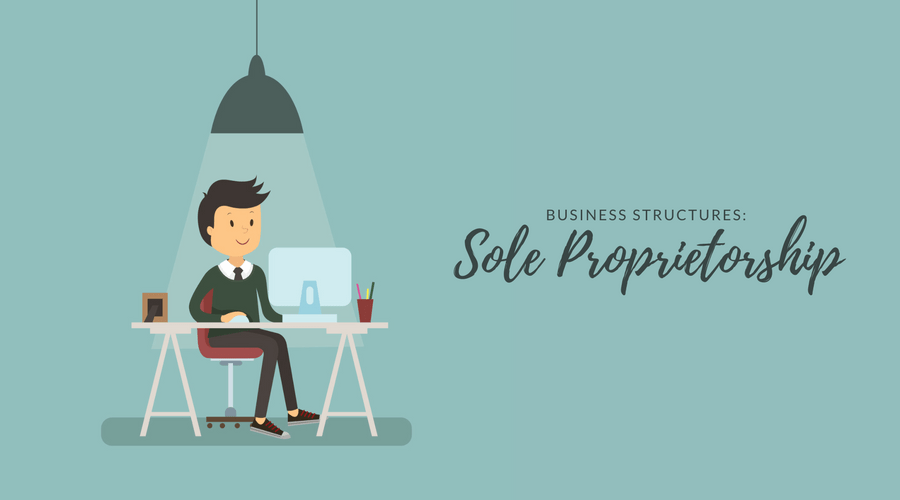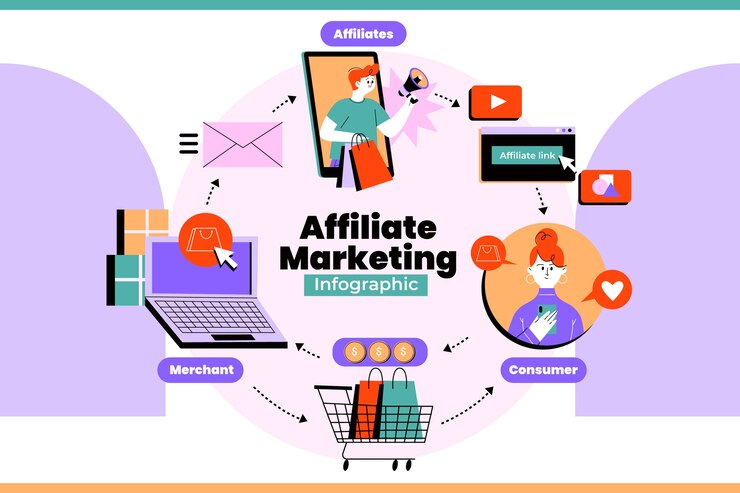
Sole Proprietorship: A Simple Path To Business Ownership In 2025
Table of Contents
Owning Your Business, Owning the Responsibility
Reaping the Rewards of Going Solo
By: John Smith
Reviewed by: Sophia Grace
Fact checked by: Mary Hill
Going Solo: Why Sole Proprietorship Works
A sole proprietorship is the easiest way for individuals to become self-employed and start their own sole proprietorship business. This structure offers simplicity, flexibility, and direct control, making it a popular choice for freelancers, consultants, and small business owners.
Research by the U.S. Small Business Administration (SBA) indicates sole proprietorship stands as the dominant form of business structure for American small enterprises with a 81% share.
Are you considering starting a new business as a sole proprietorship? This structure might be the right fit if you want a hassle-free business model with minimal paperwork and a straightforward sole proprietorship registration process.
What Is a Sole Proprietorship?
A “sole proprietorship” is a business owned and managed by one individual. Unlike corporations or LLCs, this business type does not require a formal board of directors or legal departments. This simplicity makes it appealing for those who want full control over their operations without external interference.
Within the U.S. workforce of 2023 independent contractors and freelancers represented 36% of workers who generated $1.3 trillion for the economy.
The setup process for sole proprietorships attracts many professionals to operate under this business structure.
Key Characteristics of a Sole Proprietorship
Despite its simplicity, a sole proprietorship has unique characteristics that differentiate it from other business structures:
-
Sole Ownership and Management: You make all business decisions, take the risks, and reap the rewards.
-
No Legal Separation: The business and owner are legally the same entity, meaning personal assets and business liabilities are intertwined.
-
Profits and Losses: The owner receives all profits but is also responsible for all debts and losses.
-
Unlimited Liability: Since the business is not a separate entity, personal assets like your car or house can be used to settle business debts.
-
Easy Formation: Registering a sole proprietorship is simple, often requiring only a business license to operate legally.
A survey by QuickBooks revealed that 72% of small business owners chose a sole proprietorship because of its minimal registration requirements and low startup costs.
Advantages of a Sole Proprietorship
The sole proprietorship advantages and disadvantages vary based on individual business goals. Here are some major benefits:
-
Easy to Set Up and Maintain: Registering a business sole proprietorship requires minimal paperwork, making it ideal for new entrepreneurs.
-
Full Control: You have complete authority over business decisions, pricing, and operations.
-
Keeps All Profits: There’s no need to share earnings with partners or shareholders.
-
Tax Simplicity: A sole proprietor reports business income on their personal tax return, avoiding double taxation corporations face.
According to the IRS, more than 23 million sole proprietorships in the U.S. file taxes annually, benefiting from streamlined tax reporting.
Disadvantages of a Sole Proprietorship
The Flip Side of the Coin
Despite its benefits, a sole proprietorship business has some drawbacks:
-
Unlimited Liability: If your business faces financial trouble, your personal assets are at risk.
-
Limited Access to Capital: Raising funds can be difficult since investors and banks often prefer structured entities like LLCs.
-
Difficulty Attracting Employees: Many job seekers prefer companies that offer benefits and job security.
-
Business Continuity Risks: If the owner becomes unable to work, the business may cease operations.
Data from the U.S. Bureau of Labor Statistics (BLS) shows that approximately 20% of small businesses fail within their first year, partly due to financial limitations and liability issues.
Transitioning: Sole Proprietorship to LLC
As businesses grow, many owners consider changing from a sole proprietor to an LLC to gain legal protections and financial benefits. Converting to an LLC sole proprietorship structure can help separate personal and business liabilities, offering greater security.
Over 60% of sole proprietors who transition to an LLC cite liability protection and easier funding opportunities as key motivators, according to a Forbes study.
Who Should Consider a Sole Proprietorship?

A sole proprietorship is suitable for:
-
Freelancers, consultants, and independent contractors looking for a simple structure.
-
Small business owners with limited startup costs.
-
Entrepreneurs who value full control and autonomy over their business operations.
Research shows that self-employment rates are rising, with the gig economy projected to grow by 17% annually, making sole proprietorships an increasingly viable option.
The Sole Path: Freedom and Responsibility in One
A sole proprietorship is an excellent choice for individuals seeking independence and simplicity in their business endeavors. However, the risks associated with unlimited liability and funding limitations should be carefully considered. If you're unsure whether a sole proprietorship is right for you, consulting a business attorney or tax advisor can help you make an informed decision.
A report by the National Association for the Self-Employed (NASE) found that 63% of sole proprietors believe the flexibility of their business structure outweighs the risks.
If you are ready to register a sole proprietorship, start by obtaining a business license and checking local regulations. You may also need to open a business bank account for better financial management.
Conclusion
Deciding between a sole proprietorship and an LLC depends on your business needs. While starting a new business as a sole proprietorship is the easiest route, transitioning to an LLC can provide more legal protection as you grow. Whatever path you choose, understanding the difference between a sole proprietor and an LLC is crucial for long-term success.
According to the U.S. Chamber of Commerce, about 35% of small businesses eventually convert to an LLC as they scale.
If you're ready to start your own online business, you can apply for a sole proprietorship online today and take the first step toward successful business ownership!













